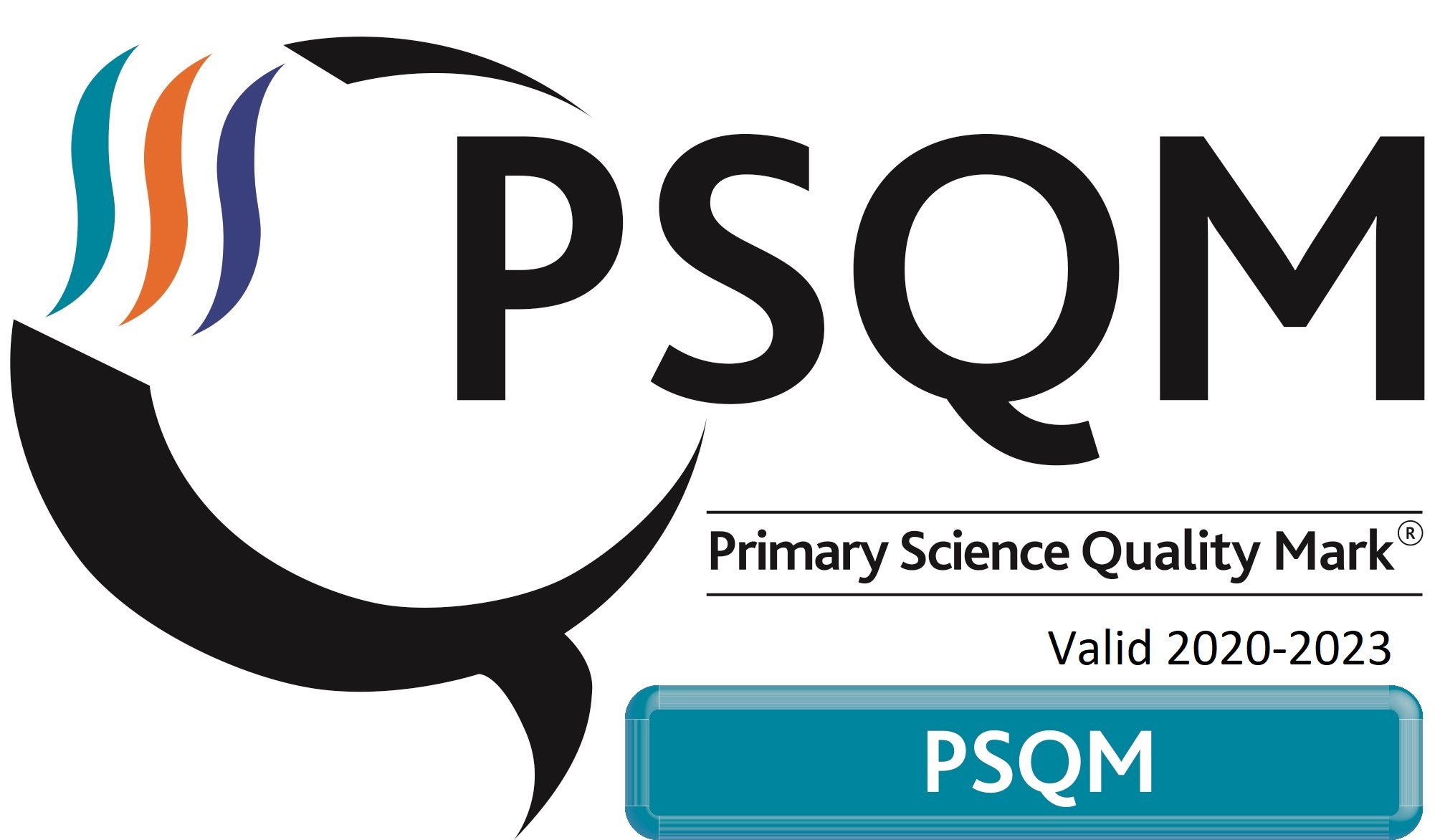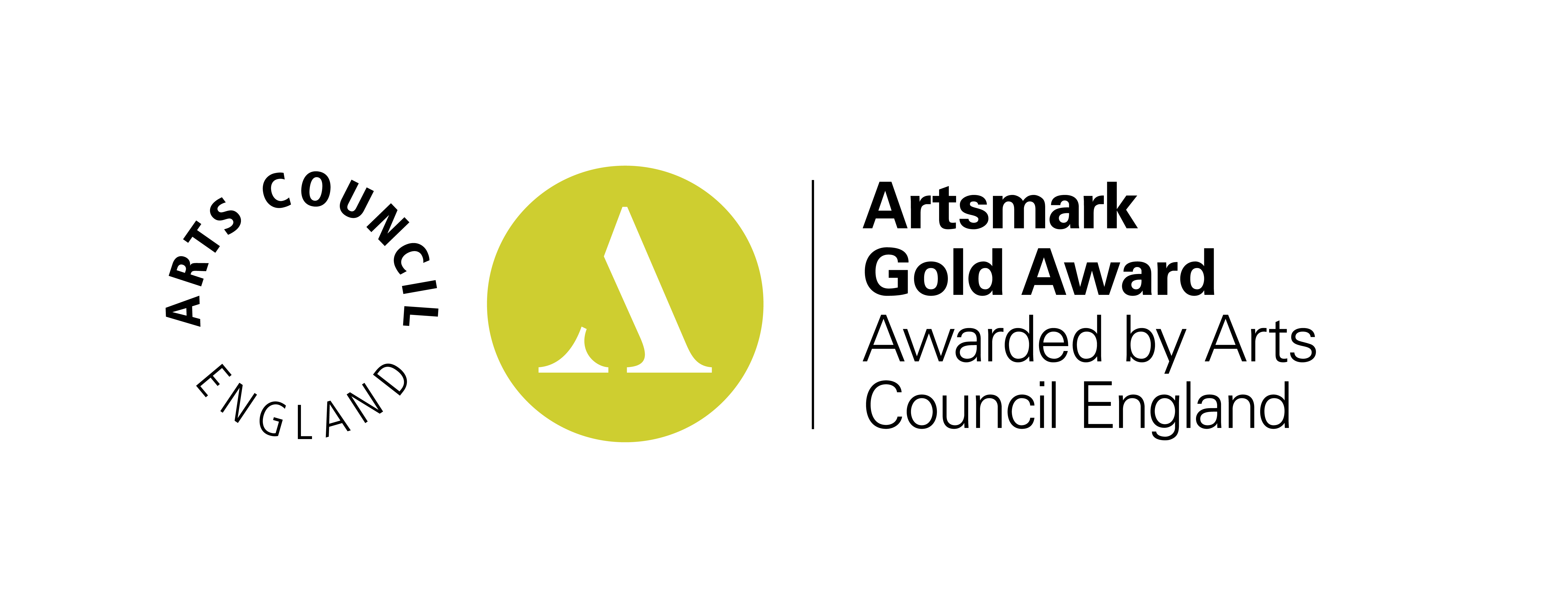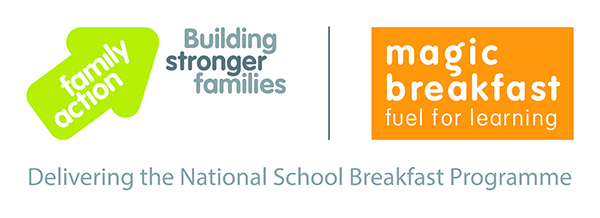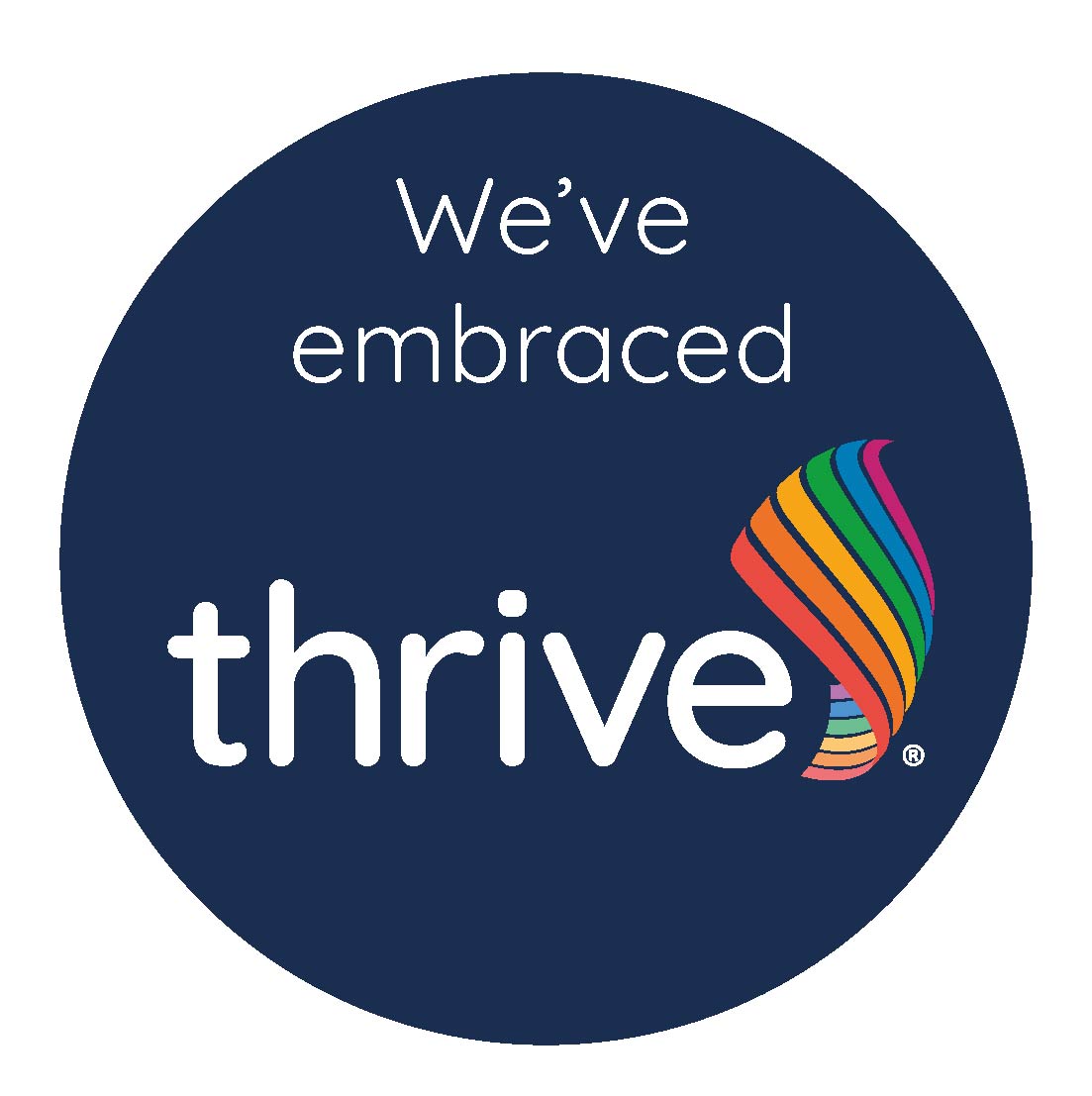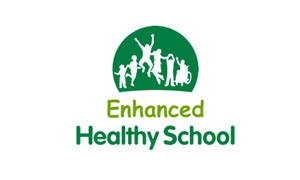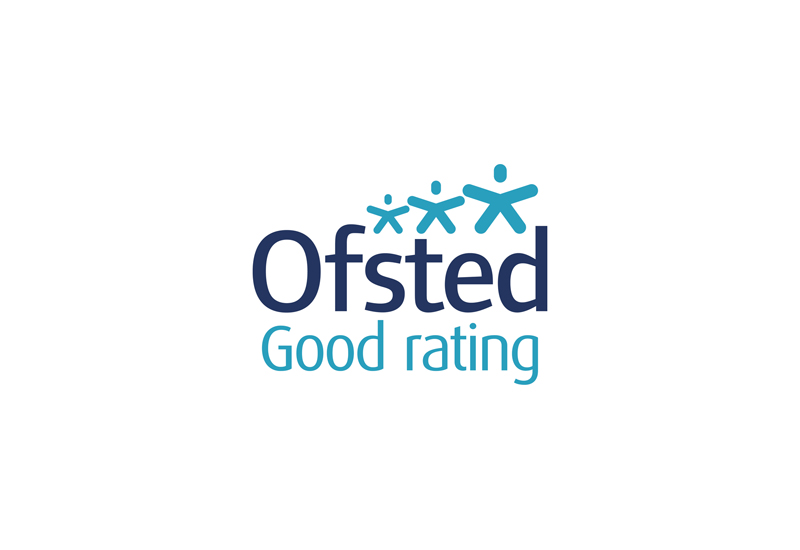Reading
At Bankfields Primary, we believe that teaching reading is one of the most important responsibilities of education because it lays the foundation for all future learning and personal development. Reading is the basis for learning across all subjects in the curriculum. Through teaching high quality phonics systematically, we aim to empower our pupils by providing them with the key skills to read accurately and fluently for meaning and understanding. Through reading high quality books and engaging model texts, our children expand their vocabulary, improve their spelling, and develop a better understanding of sentence structure and grammar. These skills strengthen both written and spoken communication, enabling our pupils to express their ideas clearly and effectively.
Developing a Love of Reading
Across school we start our day with a daily Accelerated Reader session, where children enjoy independently reading and quizzing on their books. Our children love devouring novels in guided reading and every class has a story time, where a class reader is read to the children by their teacher. We have two wonderful libraries in school, which are filled full of Accelerated Reading books and free-choice reading books that our children can read in school or select for their home reader. Our amazing librarians love keeping our libraries looking tidy and inviting. Every year, we celebrate World Book Day by completing an Usborne sponsored reading challenge, where we raise money to purchase even more books for our libraries and classroom book boxes. We seek out opportunities to invite authors and poets into school, and we bring books alive through trips to the theatre and regularly put on shows in our drama studio, where our children transform play scripts into entertaining productions.
Sharing Books
Sharing good quality, stimulating books with children is one of the first steps in learning to read and an enjoyable experience that children should regularly be involved in. Children need to learn very basic skills such as how to use the contents or glossary to locate information quickly in non-fiction books and how to read expressively with the correct expression and intonation. All of these skills should be modelled by teachers to increase children’s confidence and enhance their reading experience. Every class in school has a reading book for pleasure read to them by their class teacher.
Accelerated Reader
The importance of daily personalised reading practice cannot be overstated. Recent studies indicate that when children spend 20 minutes a day reading suitably challenging books, which they successfully comprehend (demonstrated by achieving 85% or more on the reading practice quiz), then they will achieve optimal reading age growth. This is the power of personalised practice that we are passionate about here at Bankfields Primary School. Accelerated Reader helps all children become better readers from pupils with special needs to those who are gifted and talented. AR encourages children to read for at least twenty minutes each day and rewards effort and achievement. When children read books at their appropriate level they experience success and grow in confidence and reading stamina. The teachers work with children to set appropriate targets based on each child’s reading ability.
What is Accelerated Reader? AR is a computer program that helps teachers manage and monitor children’s independent reading practice in school. A child picks a book according to his/her ZPD range (zone of proximal development) and reads it at his/her own pace. When finished, the pupil takes a short quiz on an iPad. Passing the quiz, is an indication that they understood what has been read. AR gives both children and teachers feedback based on the quiz results, which the teacher then uses to help the child set targets and direct ongoing reading practice. Children using AR choose their own books to read, rather than having one assigned to them. This makes reading a much more enjoyable experience as they can choose books that are interesting to them.
Teachers determine a child’s reading level using the STAR Reading™ test, which is a computerised reading assessment that uses computer-adaptive technology. Questions continually adjust to the child’s responses. If the child’s response to a question is correct, the difficulty level of the next question is increased. If the child misses a question, the difficulty level of the next question is reduced. The test uses multiple-choice questions and takes approximately 20 minutes. In independent literature-based reading, ZPD is the range of books that will challenge a child without causing frustration or loss of motivation. A child will receive a ZPD range after taking a STAR Reading test. It is important for children to read with a high degree of comprehension and within their ZPDs. ZPDs will be adjusted based on the needs of the child, and their pass rates when the complete each reading quiz.
One to One Reading
One to one reading is essential right across school so that children can be supported with decoding and word recognition. Adult questioning about the texts can help with developing very basic comprehension skills whilst reading progress can be closely monitored. With regular one to one reading opportunities, children can be encouraged to read more challenging texts, developing fluency and stamina.
Shared Reading
Shared reading involves the teacher demonstrating reading strategies using a shared text. A suitable text would be one that the children would find a little difficult to read independently; therefore, ensuring that the children are challenged and would benefit from teacher direction. Reading aloud allows children to access high level texts, enables them to hear how unfamiliar language and sentence structures should sound and is proven to aid comprehension of a text; teachers should regularly read aloud to children. The Teachers as Readers project also found that hearing books read aloud gave children a model for their own independent reading. Children also benefit from opportunities to read aloud themselves.
Guided Reading
During a guided reading session, the group works on an appropriately challenging text. It provides an opportunity to discuss reading strategies; group and independent reading where strategies can be applied and text interrogation. In order for it to be most effective, it will need to be carefully planned, so that it does not just become a ‘reading round’ activity. Teachers will need to have clear expectations of what reading skill is being taught in each session. ‘Book talk’ – where an adult models a reader’s thought and encourages children to do the same – can be the most enjoyable part of a reading lesson. If children have already independently given written responses to questions, a discussion will provide them with the opportunity to add to or edit their answers. A guided reading session should also include the teacher giving model answers to questions, either verbally or in writing. During a progression of guided reading lessons, children should always have the opportunity to independently apply their skills in written form.
Text Analysis Lessons
In KS2 at Bankfields Primary School, we dedicate one English lesson per week to help children to record written answers concisely, accurately and confidently when answering reading comprehension questions connected to pieces of fiction and non-fiction texts similar to ones used in assessments. Teachers provide strategies; demonstrate model answers and give effective feedback to encourage pupils to use the evidence from the text to help formulate relevant responses. Through our daily English lessons, children are introduced to a range of fiction and non-fiction genres using shorter pieces, which are analysed and often internalised before being used as a basis for our writing projects. Through this structured and thorough approach, teachers are able to model and demonstrate how to read as writers, encouraging pupils to discuss unfamiliar vocabulary, and to identify the language and organisational features of different text types in order to explain their effectiveness.
Reading Plus
Seventy percent of non-proficient pupils read inefficiently—they struggle to move their eyes smoothly and comfortably over lines of texts at an appropriate rate. These students are often assessed for gaps in foundational skills and comprehension, when the actual hurdle is reading inefficiency. As a result, these inefficient readers often receive instruction and practice for the wrong issue and continue to struggle. Reading Plus not only assesses efficiency, but also measures and increases motivation and comprehension. Pupils are given choice and control to practise at their own pace with a program that uses adaptive technology in a truly meaningful way. Reading Plus empowers pupils and teachers by connecting rich assessment data to personalised digital learning and teacher-led instruction, making it a useful reading intervention tool for vulnerable readers in year five and year six.
Lexia
Lexia Reading is computer-based program that develops literacy skills to help pupils make the critical shift from learning to read to reading to learn. Based on the online program, Lexia Core5 alerts and recommends specific intervention and practice resources which enables children to receive the right instruction at the right time.
Home Reader
Our pupils here at Bankfields Primary School take home their home reader every Monday and return it to school on a Friday. Children receive rewards for reading at home and are given the opportunity to quiz on their book before selecting a new one. Children keep a record of their home reading in their yellow reading records, which parents sign. Every Friday, children are allowed to select a reading book from the library loan shelf to enjoy over the weekend.
Celebrating Reading Success
Here at Bankfields Primary, we regularly celebrate our children’s reading achievements. Every week, reception reading stars, pupils achieving 100% in their AR quizzes and children who have accomplished a Reading Plus level are presented with a certificate in assembly. Every half-term, the class with the highest average AR comprehension rate is awarded a reading book prize.


